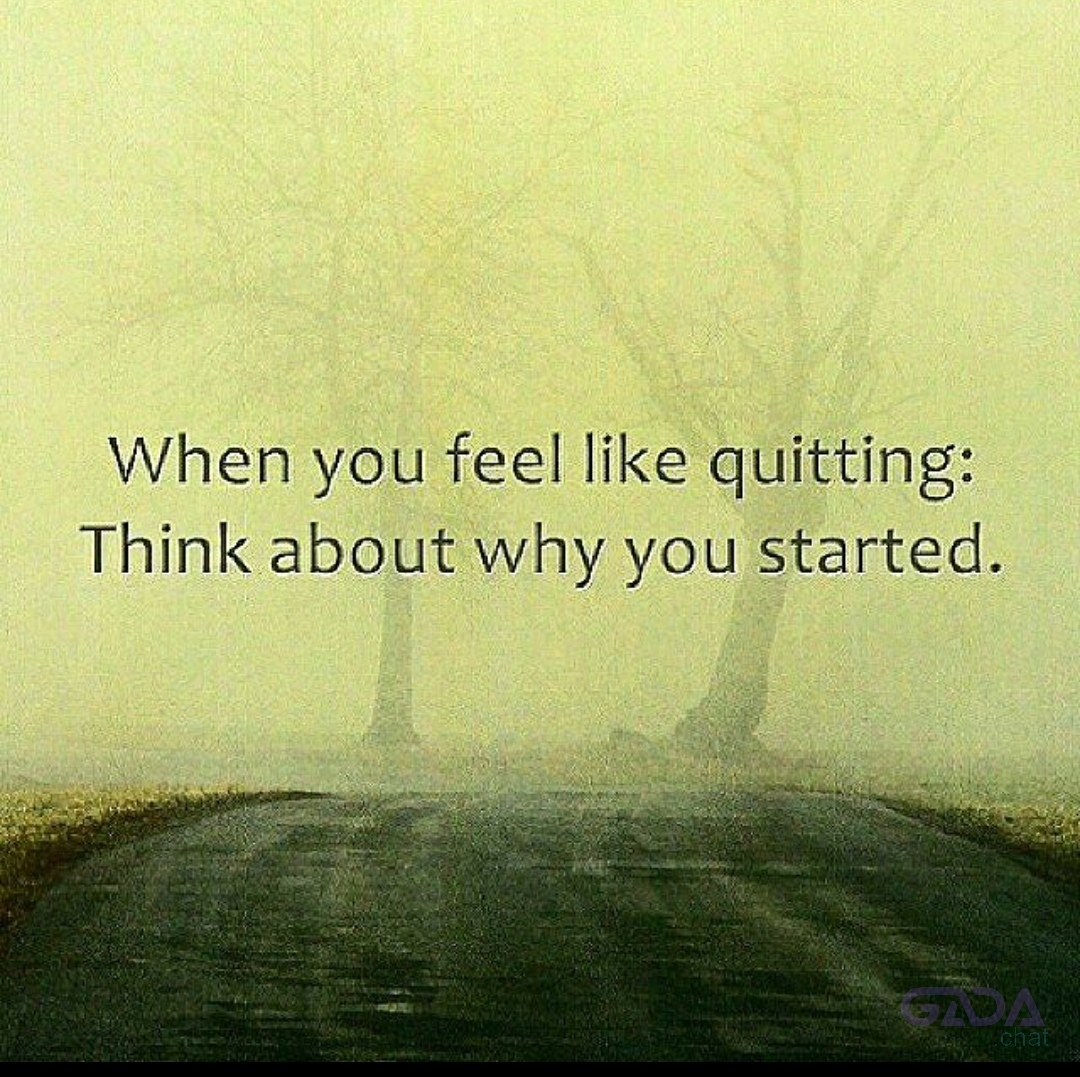HOW LONG SHOULD A COURTSHIP LAST?
One of the top questions I receive from singles preparing for marriage is this:
👉🏽 “How long should a courtship last?”
Let’s talk about it—honestly, practically, and spiritually.
FIRST: What is Courtship?
Courtship is not casual dating or emotional experimenting.
It begins when a mature single man, after prayer and divine conviction, proposes marriage to a woman—not for fun or trial—but with the clear intention to marry.
Likewise, the lady must also have her own personal conviction before accepting his proposal. Courtship is not built on pressure, fantasy, or romance alone—it must be rooted in spiritual clarity and maturity.
SEVEN AREAS TO PREPARE BEFORE YOU START COURTSHIP
Before you even say “yes” or “let’s start a relationship,” you must be prepared.
❗️Here are 7 non-negotiable areas of personal readiness:
1. Spiritual Preparation
Give your life to Christ. If Jesus is not at the center of your life, He cannot be the foundation of your marriage. Without Christ, the storm will sweep your home away.
2. Physical Preparation
Marriage is not for teenagers or people still hiding under their parents’ roof. Be ready to leave and cleave—physically and emotionally. You need your own space.
3. Financial Preparation
Don’t enter courtship jobless or financially irresponsible. Learn how to make, manage, and multiply money. Love without money quickly turns sour.
4. Emotional Preparation
Heal from past wounds. Stop carrying baggage into your future. If you’re easily jealous, insecure, moody, or manipulative, work on yourself first.
5. Mental Preparation
Educate your mind for marriage. Read books, attend seminars, and gain godly knowledge about family life. Ignorance will c0st you.
6. Social Preparation
Can you relate well with people? Do you know how to communicate, resolve conflicts, and build community? You will need all of these in marriage.
7. Moral Preparation
Live a life of integrity and $exual purity. Self-control before marriage prepares you for faithfulness within it.
A WARNING TO SINGLES: COURTSHIP IS NOT A SECRET AFFAIR
If your partner says:
“Don’t tell your pastor.”
“Keep this from your parents.”
“Let’s hide our relationship for now…”
That is a red flag. Run.
Healthy courtships are accountable, not hidden. Your pastor or mentor should be aware, and both sets of parents should bless your journey. Secrecy invites danger. Courtship is not a game. It’s a sacred preparation.
SO, HOW LONG SHOULD A COURTSHIP LAST?
Minimum: 6 Months
Maximum: 2 Years
(Exceptions: financial delay, parental objection, or health challenges.)
Here’s why:
Less than 6 months is too short to truly know someone. It’s risky.
More than 2 years can breed temptation, compromise, boredom, or unnecessary emotional strain.
Courtship should not be rushed, but it also should not be dragged endlessly.
What Should Happen During Courtship?
❗️Deep and honest conversations about life, vision, and expectations.
❗️Pre-marital counseling with a trusted mentor or pastor.
❗️Family visits and open discussions about background, values, and boundaries.
❗️Prayer, fasting, and studying God’s Word together.
❗️Agreement on issues like finances, $ex, children, ministry, and more.
Courtship is not a time to cuddle and go on endless dates.
It is a time to discern, discover, discuss, and decide.
Final Thoughts for Singles:
Don’t chase a fast wedding; pursue a solid foundation.
A one-month courtship can c0st you a lifetime of regret.
A 10-year relationship doesn’t guarantee success either. It’s not just about time—it’s about truth, trust, and preparation.
Spend more time praying, learning, and growing—before and during courtship.
Marriage is not for the unprepared.
Courtship is for the mature.
🙏🏽 May God grant you wisdom, clarity, and success in your marital journey
One of the top questions I receive from singles preparing for marriage is this:
👉🏽 “How long should a courtship last?”
Let’s talk about it—honestly, practically, and spiritually.
FIRST: What is Courtship?
Courtship is not casual dating or emotional experimenting.
It begins when a mature single man, after prayer and divine conviction, proposes marriage to a woman—not for fun or trial—but with the clear intention to marry.
Likewise, the lady must also have her own personal conviction before accepting his proposal. Courtship is not built on pressure, fantasy, or romance alone—it must be rooted in spiritual clarity and maturity.
SEVEN AREAS TO PREPARE BEFORE YOU START COURTSHIP
Before you even say “yes” or “let’s start a relationship,” you must be prepared.
❗️Here are 7 non-negotiable areas of personal readiness:
1. Spiritual Preparation
Give your life to Christ. If Jesus is not at the center of your life, He cannot be the foundation of your marriage. Without Christ, the storm will sweep your home away.
2. Physical Preparation
Marriage is not for teenagers or people still hiding under their parents’ roof. Be ready to leave and cleave—physically and emotionally. You need your own space.
3. Financial Preparation
Don’t enter courtship jobless or financially irresponsible. Learn how to make, manage, and multiply money. Love without money quickly turns sour.
4. Emotional Preparation
Heal from past wounds. Stop carrying baggage into your future. If you’re easily jealous, insecure, moody, or manipulative, work on yourself first.
5. Mental Preparation
Educate your mind for marriage. Read books, attend seminars, and gain godly knowledge about family life. Ignorance will c0st you.
6. Social Preparation
Can you relate well with people? Do you know how to communicate, resolve conflicts, and build community? You will need all of these in marriage.
7. Moral Preparation
Live a life of integrity and $exual purity. Self-control before marriage prepares you for faithfulness within it.
A WARNING TO SINGLES: COURTSHIP IS NOT A SECRET AFFAIR
If your partner says:
“Don’t tell your pastor.”
“Keep this from your parents.”
“Let’s hide our relationship for now…”
That is a red flag. Run.
Healthy courtships are accountable, not hidden. Your pastor or mentor should be aware, and both sets of parents should bless your journey. Secrecy invites danger. Courtship is not a game. It’s a sacred preparation.
SO, HOW LONG SHOULD A COURTSHIP LAST?
Minimum: 6 Months
Maximum: 2 Years
(Exceptions: financial delay, parental objection, or health challenges.)
Here’s why:
Less than 6 months is too short to truly know someone. It’s risky.
More than 2 years can breed temptation, compromise, boredom, or unnecessary emotional strain.
Courtship should not be rushed, but it also should not be dragged endlessly.
What Should Happen During Courtship?
❗️Deep and honest conversations about life, vision, and expectations.
❗️Pre-marital counseling with a trusted mentor or pastor.
❗️Family visits and open discussions about background, values, and boundaries.
❗️Prayer, fasting, and studying God’s Word together.
❗️Agreement on issues like finances, $ex, children, ministry, and more.
Courtship is not a time to cuddle and go on endless dates.
It is a time to discern, discover, discuss, and decide.
Final Thoughts for Singles:
Don’t chase a fast wedding; pursue a solid foundation.
A one-month courtship can c0st you a lifetime of regret.
A 10-year relationship doesn’t guarantee success either. It’s not just about time—it’s about truth, trust, and preparation.
Spend more time praying, learning, and growing—before and during courtship.
Marriage is not for the unprepared.
Courtship is for the mature.
🙏🏽 May God grant you wisdom, clarity, and success in your marital journey
HOW LONG SHOULD A COURTSHIP LAST?
One of the top questions I receive from singles preparing for marriage is this:
👉🏽 “How long should a courtship last?”
Let’s talk about it—honestly, practically, and spiritually.
✅ FIRST: What is Courtship?
Courtship is not casual dating or emotional experimenting.
It begins when a mature single man, after prayer and divine conviction, proposes marriage to a woman—not for fun or trial—but with the clear intention to marry.
Likewise, the lady must also have her own personal conviction before accepting his proposal. Courtship is not built on pressure, fantasy, or romance alone—it must be rooted in spiritual clarity and maturity.
📍SEVEN AREAS TO PREPARE BEFORE YOU START COURTSHIP
Before you even say “yes” or “let’s start a relationship,” you must be prepared.
❗️Here are 7 non-negotiable areas of personal readiness:
1. 📍Spiritual Preparation
Give your life to Christ. If Jesus is not at the center of your life, He cannot be the foundation of your marriage. Without Christ, the storm will sweep your home away.
2. 📍Physical Preparation
Marriage is not for teenagers or people still hiding under their parents’ roof. Be ready to leave and cleave—physically and emotionally. You need your own space.
3. 📍Financial Preparation
Don’t enter courtship jobless or financially irresponsible. Learn how to make, manage, and multiply money. Love without money quickly turns sour.
4. 📍Emotional Preparation
Heal from past wounds. Stop carrying baggage into your future. If you’re easily jealous, insecure, moody, or manipulative, work on yourself first.
5. 📍Mental Preparation
Educate your mind for marriage. Read books, attend seminars, and gain godly knowledge about family life. Ignorance will c0st you.
6. 📍Social Preparation
Can you relate well with people? Do you know how to communicate, resolve conflicts, and build community? You will need all of these in marriage.
7. 📍Moral Preparation
Live a life of integrity and $exual purity. Self-control before marriage prepares you for faithfulness within it.
🚩 A WARNING TO SINGLES: COURTSHIP IS NOT A SECRET AFFAIR
If your partner says:
❌ “Don’t tell your pastor.”
❌ “Keep this from your parents.”
❌ “Let’s hide our relationship for now…”
That is a red flag. Run.
Healthy courtships are accountable, not hidden. Your pastor or mentor should be aware, and both sets of parents should bless your journey. Secrecy invites danger. Courtship is not a game. It’s a sacred preparation.
⏱️ SO, HOW LONG SHOULD A COURTSHIP LAST?
🟢 Minimum: 6 Months
🔴 Maximum: 2 Years
(Exceptions: financial delay, parental objection, or health challenges.)
Here’s why:
📍Less than 6 months is too short to truly know someone. It’s risky.
📍More than 2 years can breed temptation, compromise, boredom, or unnecessary emotional strain.
Courtship should not be rushed, but it also should not be dragged endlessly.
📍What Should Happen During Courtship?
❗️Deep and honest conversations about life, vision, and expectations.
❗️Pre-marital counseling with a trusted mentor or pastor.
❗️Family visits and open discussions about background, values, and boundaries.
❗️Prayer, fasting, and studying God’s Word together.
❗️Agreement on issues like finances, $ex, children, ministry, and more.
Courtship is not a time to cuddle and go on endless dates.
👍It is a time to discern, discover, discuss, and decide.
💡 Final Thoughts for Singles:
Don’t chase a fast wedding; pursue a solid foundation.
A one-month courtship can c0st you a lifetime of regret.
A 10-year relationship doesn’t guarantee success either. It’s not just about time—it’s about truth, trust, and preparation.
Spend more time praying, learning, and growing—before and during courtship.
Marriage is not for the unprepared.
Courtship is for the mature.
🙏🏽 May God grant you wisdom, clarity, and success in your marital journey







